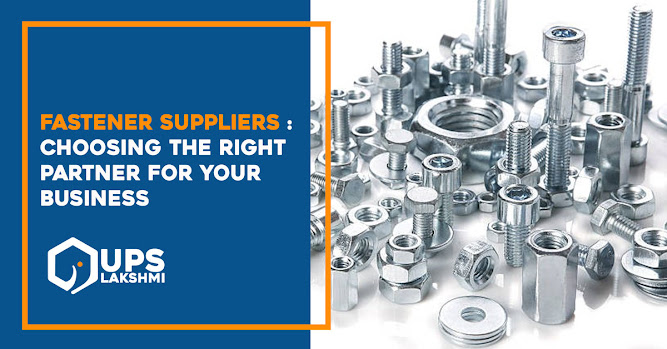Why You Should Not Over Torque Fasteners
There are various possibilities-
1. The nut will be loaded beyond the yield point. It will break subsequently.
2. On either the bolt or the nut the threads will strip.
3. The tension can crush the installation material.
4. It leads to shortening the life of the bolt by putting a lot of pressure on it.
5. It will damage the threads by exceeding their loading capacity.
6. It will lead to elongation of the bolt which will result in deformation of the bolt.
Various factors to be considered while torqueing fasteners are-
1. Fastener materials- As the fasteners are made from different materials which range from heat-treated hardened ones to soft metals, the torque should be applied depending on the material the fasteners are made of.
2. Fastener drivers- The fastener drive style also makes a difference. Below is mentioned best to worst with regard to torque taking ability-
- Star
- Internal Hex
- Robertson
- Phillips
- Slotted
3. Installation materials- Installation materials range from plastic to steel. Torqueing a screw in steel will have a much higher threshold than torqueing a screw in plastic.
If the installation hole is ruined it can end up ruining the entire build. It is very common in plastic holes that the tap threading in the hole can get damaged or stripped by over torqueing.
Thread types also can cause differences when we talk about torqueing fasteners. There are 2 basic types-
- Coarse
- Fine
If both of them are torqued too much it can cause problems to remove the fastener later. It also weakens the fastener.
Various fasteners are easily available on https://upsind.com/. Universal Precision Screws, is a leading manufacturer of top quality Industrial and commercial fasteners with track records parallel to none in the region. The quality fasteners of the company are used across various industries PAN India.




Comments
Post a Comment